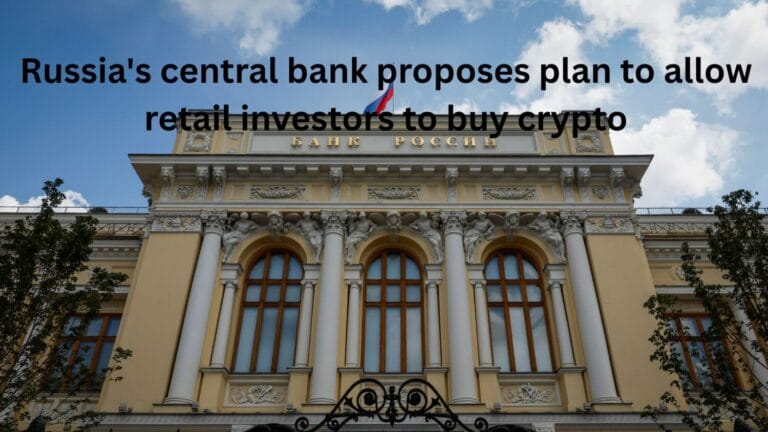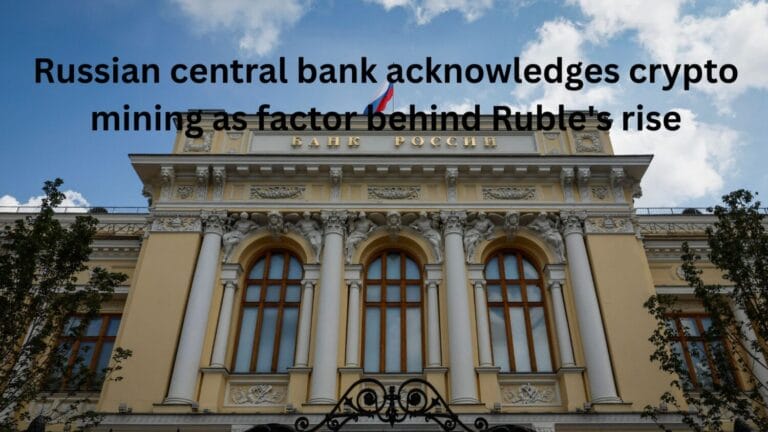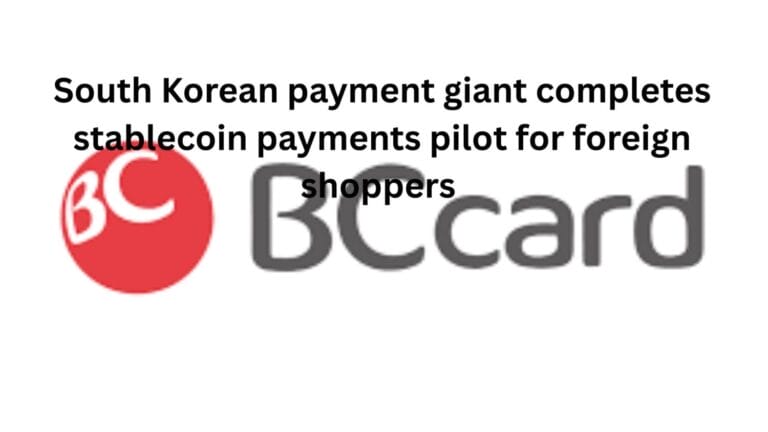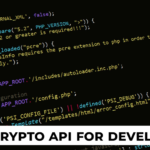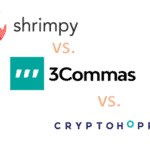Key Takeaways:
- The Venezuelan government has approved a new tax that would apply to cryptocurrency and foreign currency transfers and transactions.
- The government of Venezuela has approved a new 20% tax on Bitcoin and cryptocurrency transactions.
Depending on the nature of the transaction, any transactions or payments in foreign currencies or cryptocurrencies that do not have a limit quantity will be subject to a tax of up to 20%.
The “large financial transaction” tax aims to encourage the use of the national currency, which has recently lost value under a multi-currency system like Venezuela’s.
The inclusion of cryptocurrencies in this law indicates both the currency’s prominence and the volume of transactions and payments that occur in the country. This is the viewpoint of Aaron Olmos, a national economist. The law’s main purpose, however, would be to tax dollar transactions, which account for 65% of all activity and payments in the country, according to estimates.
This will be a blow to Venezuelans who save in foreign currency and cryptocurrencies, according to Jose Guerra, a Venezuelan economist.
This is what Guerra had to say about it:
“It must be acknowledged that foreign currency has solved a portion of the country’s cash concerns, as well as everyone’s value reserves and savings. To some extent, crypto assets as well. This decision is an attempt to favor one method of payment over another.”
After the law is officially published, the national government will decide on the percentage to be paid, but in the meanwhile, it will collect 2.5% on these payments. The rate will range from 2% to 20%, with the government having the final say on the rate in each case. “Special taxpayers” are individuals who have incomes that the IRS considers significant enough to declare.
Bitcoin popularity has skyrocketed in Venezuela in recent years, with tens of thousands of local companies converting to bitcoin to protect themselves from hyperinflation.

